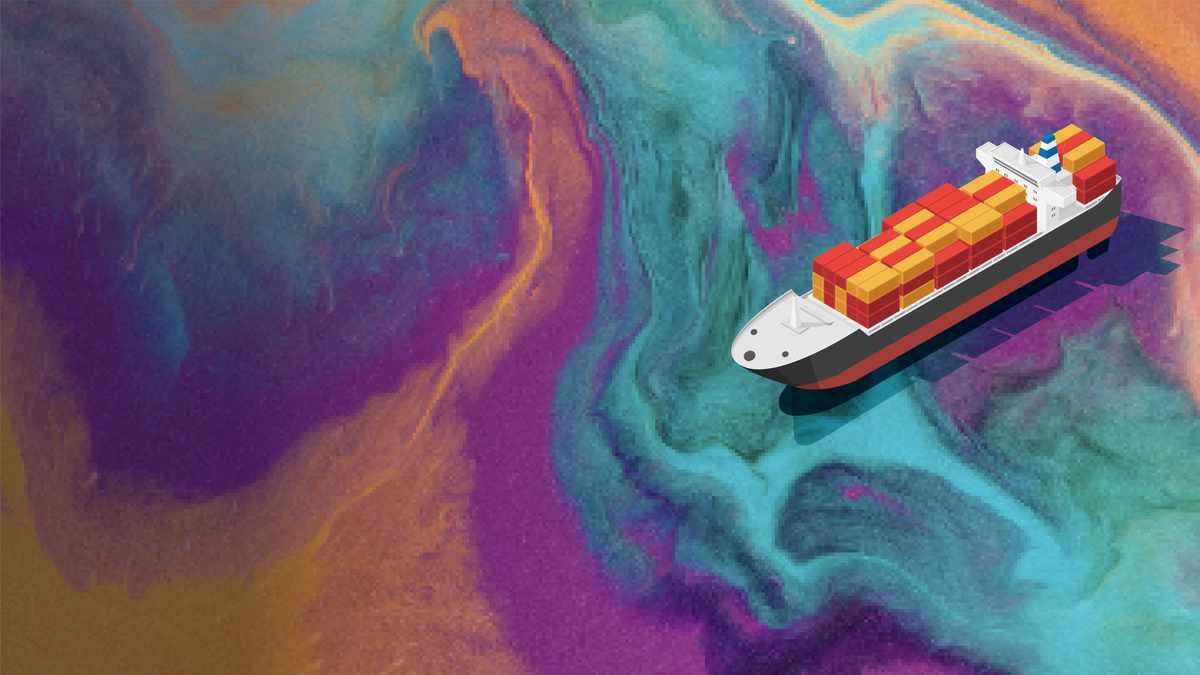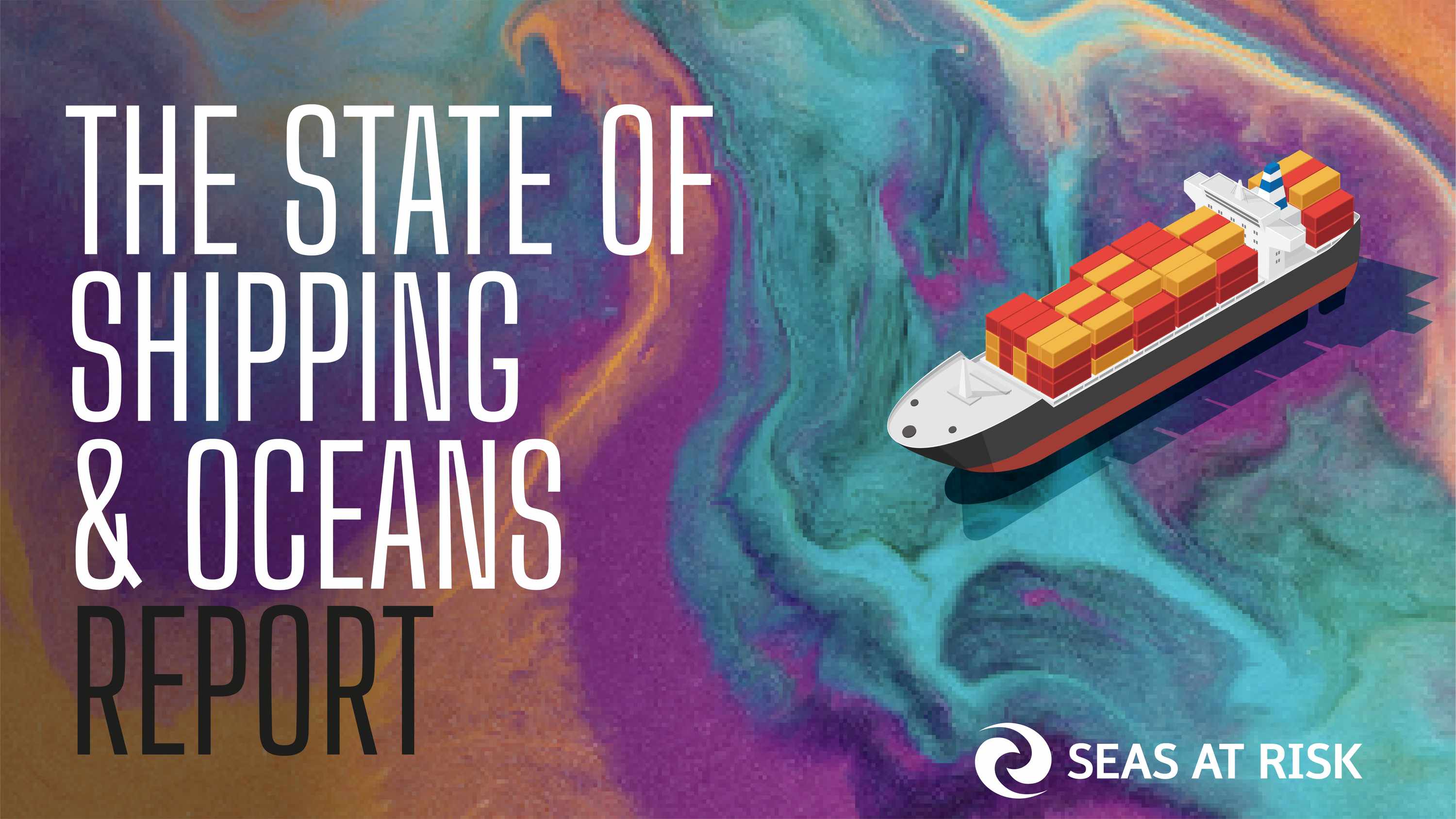Governments breaking their commitments to protect the ocean from shipping pollution
Governments breaking their commitments to protect the ocean from shipping pollution

Global shipping continues to cause significant harm to the climate, the ocean and human health, with the United Nations International Maritime Organization (IMO), international community and maritime sector repeatedly failing to properly address the issues.
This is the finding of the latest review exposing the shipping industry’s harmful impact, issued on the occasion of the the 50th anniversary of the International Convention for the Prevention of Pollution from Ships (MARPOL), the single most important piece of international law designed to tackle the environmental impact of international shipping.
The study, commissioned by Seas At Risk and entitled “The State of Shipping & Oceans”, is published as governments from around the world meet in London at the IMO to agree on a new climate strategy for shipping. The report highlights the failure of all previous attempts to rein in the harmful impact of shipping, including the effect on climate and the huge gap that exists between action to-date and the reductions demanded by the Intergovernmental Panel on Climate Change (IPCC) and latest science:
- Climate change: shipping has repeatedly failed to curb its emissions and contribute its fair and equitable share to tackling the climate crisis. Shipping emissions are projected to grow exponentially, while the IPCC climate science demands “deep and rapid reductions” across sectors in order to not exceed the 1.5°C temperature warming limit set by the Paris Agreement.
- Ocean health: insufficient, poorly enforced or non-existent regulations allow shipping to undermine ocean health. This includes oil and chemical spills and discharges, underwater noise, sewage and plastic pollution, as well as port expansion resulting in poor air quality, and marine and coastal degradation.
- Human health: shipping continues to wreak havoc on the health and well-being of port communities, especially in developing countries. Toxic pollutants from fossil fuelled ships cause approximately 250,000 premature deaths and more than six million cases of childhood asthma worldwide every year, with workers breaking ships on South Asian beaches suffering serious human rights violations.
These problems cannot be tackled in an ad hoc way, but require instead a fundamental rethink of the role shipping plays in today’s world to ensure these issues are addressed in an integrated and coordinated manner.

“What should have been a celebration of 50 years of progress on ocean and climate protection has turned out to be a show of how the global community and IMO have failed to deliver on their promises,” said John Maggs, Shipping Policy Director at Seas At Risk.
“Ships continue to inflict serious damage on our planet, from rising climate and air pollution to dangerous oil and chemical spills, plastic pollution, deadly collisions with wildlife, underwater noise pollution, and the transfer of invasive species. But this week the IMO and international community have a chance to break this destructive cycle and chart a new course. Governments negotiating a new shipping climate strategy at the IMO must agree to halve shipping emissions by 2030, setting the industry unequivocally on a path to keeping global heating below the Paris Agreement’s 1.5C temperature limit. Countries know that this target is both doable and affordable. It could also be the trigger for urgently needed action on the multiple other threats posed by global shipping, mapped in our new report. It’s never too late to do what’s right, not even after 50 years.”
“We are facing environmental extremes as we continue to overshoot planetary boundaries. Shipping not only plays a direct role in climate, ocean, and biodiversity harm but also props up a system of global trade, which is causing ecosystem breakdown. We need transformative change across the board. Shipping is no exception,” said Lucy Gilliam, Senior Shipping Policy Officer At Seas At Risk. “We cannot solve the climate crisis without also solving the biodiversity and ocean crises.”


